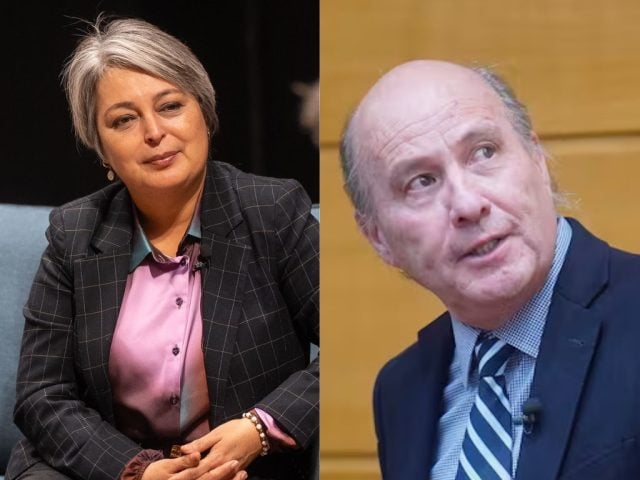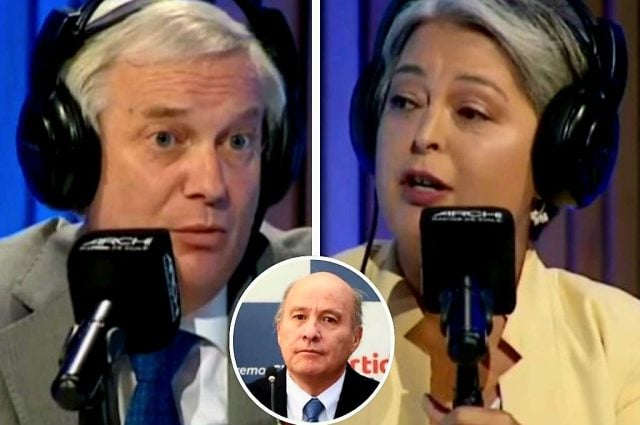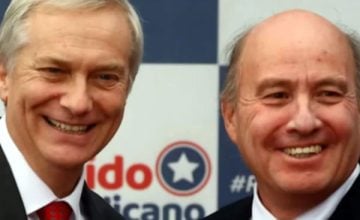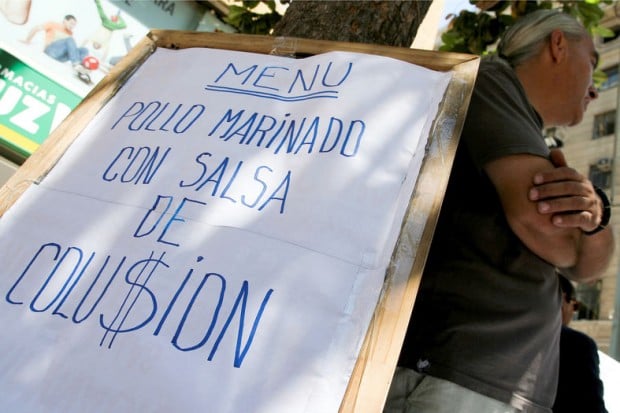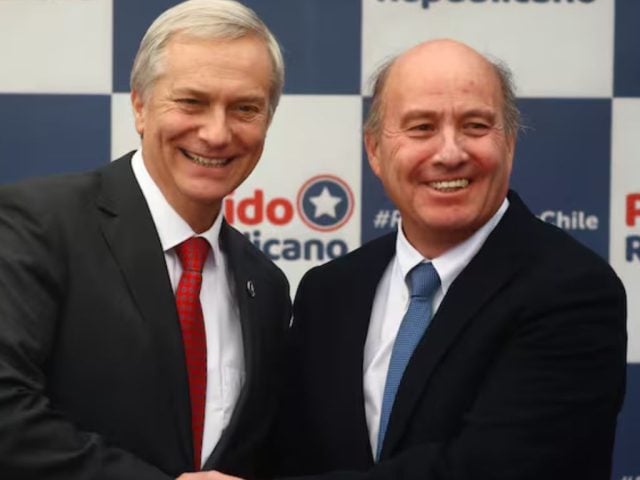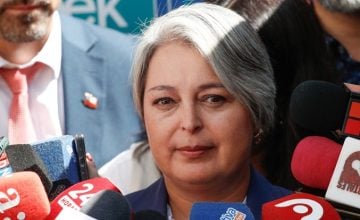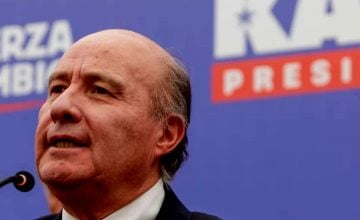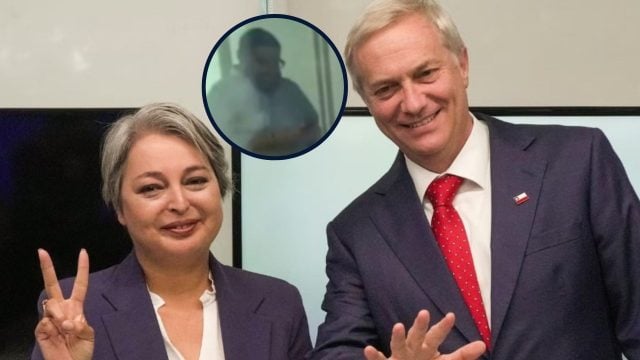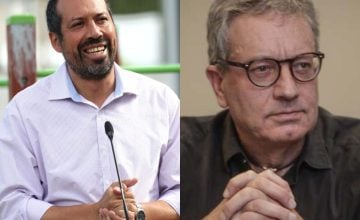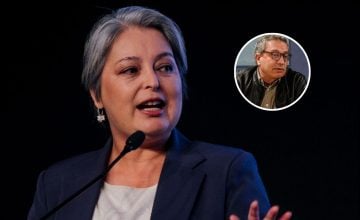Original article: La ofensiva de Jara contra Jorge Quiroz: el economista del Comando de Kast detrás de múltiples casos de colusión
Jeannette Jara’s Critique of Jorge Quiroz: Economic Advisor Implicated in Multiple Collusion Cases
This morning on Canal 13’s morning show, Jeannette Jara launched a strong attack against Jorge Quiroz, the economic advisor to her opponent José Antonio Kast, accusing him of playing a pivotal role in one of the largest collusion scandals in the country.
“Kast’s main economic advisor is the lawyer involved in the pharmacy collusion, and no one is asking about it. Let people know: it was Kast’s economic advisor who organized the drug collusion,” stated the candidate.
Jara’s criticisms are based on the history of the Farmacies Case (2009–2012), where Quiroz served as an expert witness and authored reports defending Salcobrand. In his testimony to the Tribunal for the Defense of Free Competition (TDLC), he claimed that “there are no signs of collusion in this market” and that “there is evident price rivalry.” He even produced new statistical analyses to discredit evidence of coordination.
However, in 2012, courts determined that collusion did occur between Cruz Verde and Salcobrand, imposing fines close to 20,000 UTA on each chain. This ruling directly contradicted Quiroz’s conclusions.
Consumer organizations, such as CONADECUS, have repeatedly questioned his role. Its president, Hernán Calderón, has identified Quiroz as one of the economists who has caused significant harm to consumers due to expert reports that minimize or justify collusive behavior.
Yet, the Farmacies Case is not the only one associated with his name. He is also involved in the Chicken Case, where from 1994 to 2010, major poultry companies coordinated prices, quotas, and market restrictions. In this process, the TDLC identified Quiroz as the author of the consumption estimation model used by Agrosuper, Ariztía, and Don Pollo to allocate production quotas.
Emails from 2009 show executives collaborating with his office to “introduce small adjustments” to the model, and former employees testified that production figures were calculated based on his analyses. Furthermore, he appears as an advisor to the APA in meetings where coordinated actions were discussed.
The TDLC and the Supreme Court confirmed the existence of sustained collusion over the years, imposing fines of 72,000 UTA. In this context, Quiroz was mentioned as the technical architect who enabled the cartel’s operational scheme. Although he has denied promoting anti-competitive practices, his work was cited as central to the illegal agreement’s functionality.
On another front, Quiroz was also linked to the Metrogas Case, where he advised Metrogas on regulatory matters during the establishment of the Metrogas–AGESA structure, which allowed the company to exceed permitted profit caps. This mechanism raised gas bills between 12.7% and 20.2% for households. His reports were crucial in asserting that there were no undue profits, ultimately preventing compensation for consumers.
Quiroz has also been linked to the Shipping Companies Case, where he drafted a report for Mitsui, the parent company of MOL, one of the shipping companies accused of coordinating prices in car transport. Although the Supreme Court imposed fines of nearly $30 million, the company managed to achieve procedural relief due to statutes of limitations. His role has again come under scrutiny for advising companies involved in collusion cases.
Another case involving Quiroz is the Asphalt Case, where Quiroz’s technical reports were used in the defense of Asfaltos Chilenos, one of the firms investigated for market allocation. His work aimed to dismiss the evidence of coordination among companies in a market where the FNE had identified agreements that distorted competition. Once again, his participation was central to the defensive strategies of investigated companies.
Throughout his career, Quiroz has advised major corporate groups in energy, fuels, litigation, and free competition, influencing critical regulatory debates. His detractors accuse him of being “pro-collusion” and “anti-consumer” based on the tone of his reports in controversial cases. Conversely, his supporters defend him as a robust economist and “pro-competition” who has been the subject of exaggerated interpretations.
